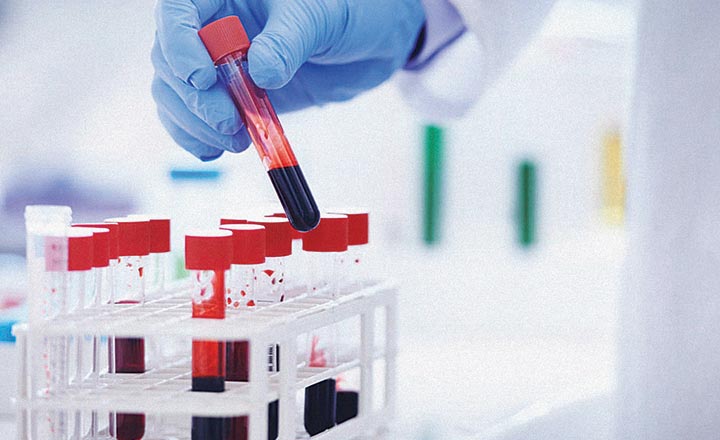Freenome
Year: 2015
Country: United States
Founders: Gabriel Otte and Riley Ennis
Category: Biotechnology, machine learning
Freenome is dedicated to detecting cancer in its earliest stages using machine learning algorithms. The founders have devised a way to detect cancer symptoms. The process is essentially like that of a blood test, but instead of testing sugar level and cholesterol, the machine is used for diagnosing symptoms that can lead to cancer. The test concentrates on ‘circulating tumor DNA’, which means bits of DNA that are released when tumor cells die in the blood. The start-up is looking to expand its technology to look at specific types of cancer in the human body, thereby making its technology more accurate and intensive.

Lilium Aviation
Year: 2015
Country: Germany
Founders: Daniel Wiegand, Matthias Meiner, Patrick Nathen and Sebastian Born
Category: Aviation, electronics
The Lilium Jet claims to be the world’s first electric, autonomous, vertical take-off and landing jet. This five-seater jet has a range of 300 km and the start-up has created a network of inexpensive landing pads in cities. Lilium offers an on-demand service that makes it possible to fly to any location in the city, like a cab service. It aims at making cities jet-friendly and air travel a part of daily life. This air taxi claims to reduce vehicle traffic on roads and also reduce pollution as the jet does not emit carbon dioxide. Its vertical landing technology makes landing and take off safe and easy.
OneOme
Year: 2014
Country: United States
Founders: Invenshure and Mayo Clinic
Category: Biotechnology, pharmaceuticals
The start-up has devised a comprehensive test, RightMed, that analyses a patient’s DNA via a multi-gene algorithm to predict how his/her body would react to a wide range of medicines. The company is aiming to provide cost-effective pharmacogenomic solutions. The technology can provide personalised prescriptions for patients, ensuring that it does not induce hypersensitivity, hypertoxicity and cutaneous reactions. The test covers 27 genes and over 350 medications, which can effectively treat more than 30 medical conditions at a price of $249. It raised $5.24 million in 2016 in new financing and wants to make pharmacogenomics accessible and routine.

Opus 12
Year: 2015
Country: United States
Founders: Etosha Cave, Kendra Kuhl and Nicholas Flanders
Category: Healthcare, environmental consulting
This clean-energy start-up aims to convert carbon dioxide (CO2) into a profitable and clean resource. Its reactors use a technology that performs photosynthesis on an industrial scale. The technology uses water, CO2 and electricity (instead of the renewable power used by plants) to convert CO2 into higher energy carbon-based products and a co-product of oxygen. Using a metal catalyst, it converts CO2 into methane and ethanol, which can be converted into fuel, recycles the harmful gas and prevents it from being released into the atmosphere. The devices are palm-sized cube structures that can convert CO2 into 16 different products and has the conversion power of over 37,000 trees. The start-up is working on larger versions of the device as well.

PAIGE
Year: 2018
Country: United States
Founders: David Klimstra and Thomas Fuchs
Category: Artificial intelligence, Healthcare
Pathology Artificial Intelligence Guidance Engine (PAIGE) aims to sort slides after biopsy to detect cancer symptoms. After being tutored by a pathologist, the system uses AI to sort pathological slides that have anomalies from the normal ones. This will save time for the pathologist, who can concentrate on analysing the slides. The start-up also aims to create a database of the slides so that they can be referred to when needed. Hence, if a slide is similar to previous slides, the life cycle of that person, the impact of the disease and the effective procedures can be predicted instantly. For this, PAIGE has tied up with Memorial Sloan Kettering Center, which will provide it access to 25 million slides and the Cancer Center’s intellectual property on computing pathology for the next eight years. The start-up raised $25 million in a Series A round led by Bayer Capital in February.











